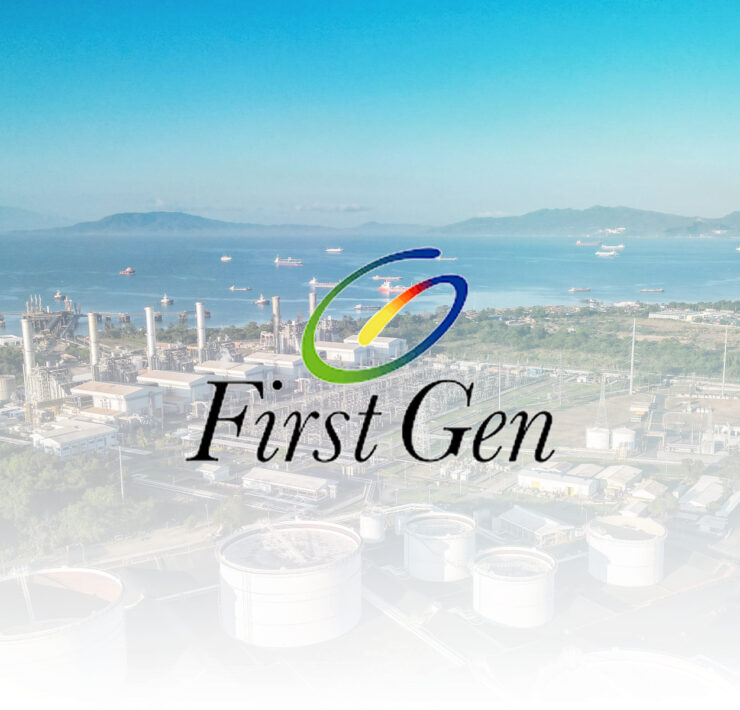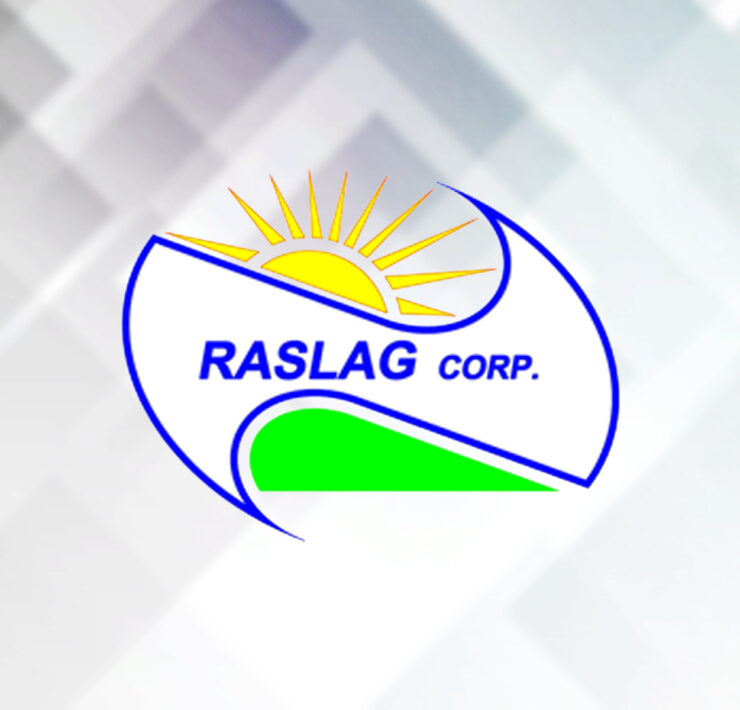ERC races to approve supply deals as summer demand peaks

The Energy Regulatory Commission (ERC) is fast-tracking the approvals of power supply agreements to shield consumers from volatile rates at the Wholesale Electricity Spot Market (WESM) in the summer season.
“We are rushing all the approvals for power supply agreements, particularly for our electric cooperatives that are exposed to WESM,” ERC Chair Monalisa Dimalanta told reporters.
WESM is an avenue for producers and distributors to trade power and get a supply boost, especially during hotter months when electricity usage surges.
The official said the prices of power traded in the spot market usually rise during summer months, a similar projection provided earlier by WESM operator, the Independent Electricity Market Operator of the Philippines (Iemop).
Consumers ‘insulated’
“Even if the WESM prices spike, their consumers can be insulated from the increase because they are charged under the power supply agreements,” Dimalanta said.
Meanwhile, she said the Department of Energy (DOE) was focused on working with the generators on the power supply situation, especially involving outage and maintenance schedules.
Data from the DOE earlier showed that power demand this year may go up by 5.4 percent to 14,769 megawatts (MW) in Luzon, 16 percent to 3,111 MW for the Visayas and 8.2 percent to 2,789 MW for Mindanao.
The Iemop previously said that while there would be an increase in consumption, demand in the summer would not be as high as last year when El Niño struck.
Stable supply
Iemop head of trading operations Isidro Cacho Jr. said they expected electricity supply to be “stable” and “much better,” with more facilities seen to be energized.
On the other hand, the National Grid Corporation of the Philippines said not to discount unplanned outages or power plant shutdowns that could lead to more red or yellow alerts.
In a yellow alert, power supply is still able to meet demand. It serves as a warning, however, that when a plant breaks down, brownouts may occur. A red alert, meanwhile, means that supply is no longer sufficient to meet demand. Brownouts will likely happen if demand is not managed.





















